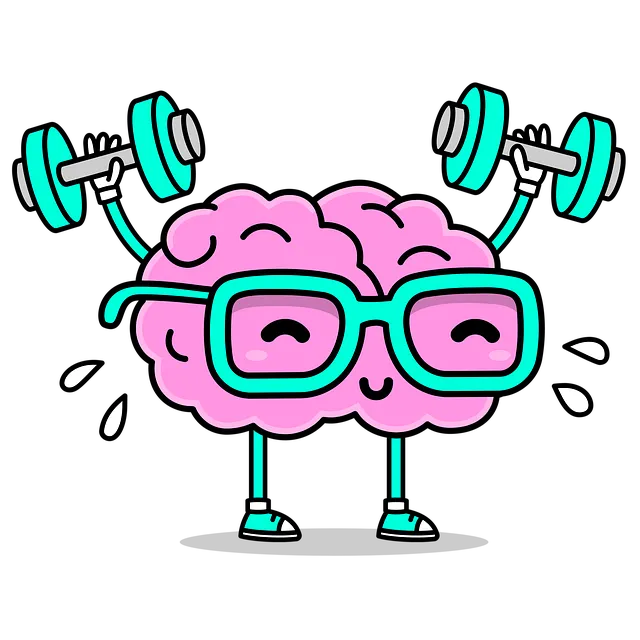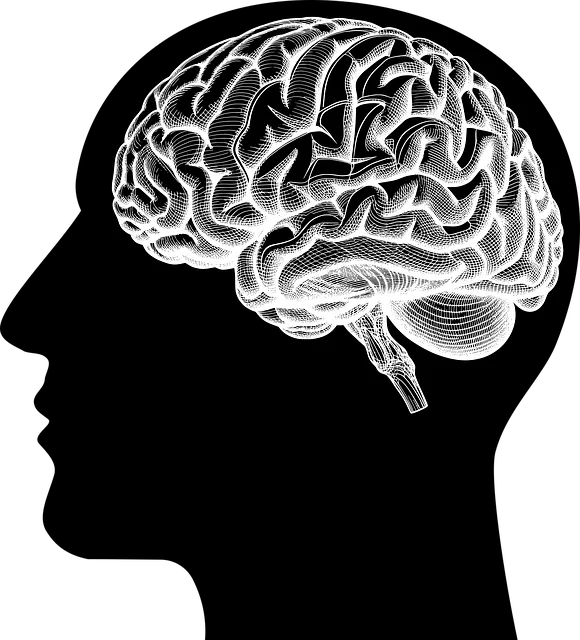Depression significantly impacts daily life, but recognizing symptoms like persistent sadness, changes in appetite, sleep disturbances, and thoughts of self-harm is crucial. Kaiser's Mental Health Services in Aurora provide tailored support through education, therapy, and podcasts. Using the symbolic essence of "Aurora" as a guide, they focus on early intervention and continuous care. Key strategies include risk assessments, building resilience, social skills training, and mental wellness journaling. Isolation is a major risk factor, so community groups and outreach programs combat loneliness. Recognizing when to seek help is vital; Kaiser offers specialized therapy and programs to navigate depression and anxiety in Aurora.
Depression is a prevalent and serious mental health concern, affecting individuals across all demographics. This comprehensive guide explores effective prevention strategies to empower folks in managing their well-being. We delve into recognizing depression’s subtle signs and symptoms, highlighting the unique approach of Kaiser with its focus on holistic care, especially through the lens of Aurora—a revolutionary program offering mental health support. Additionally, we provide practical tips for building resilience, fostering social connections, and knowing when to seek professional therapy.
- Understanding Depression: Recognizing the Signs and Symptoms
- The Role of Aurora in Mental Health Support: A Kaiser Approach
- Building Resiliency: Strategies for Daily Coping Mechanisms
- Social Connections and Support Networks: Overcoming Isolation
- Professional Help: When to Seek Therapy and Counseling
Understanding Depression: Recognizing the Signs and Symptoms

Depression is a common yet serious mental health condition that can significantly impact an individual’s daily life and overall well-being. Recognizing the signs and symptoms is the first step towards prevention and seeking help. According to Kaiser, depression often presents as persistent feelings of sadness, loss of interest in activities once enjoyed, changes in appetite and sleep patterns, fatigue, difficulty concentrating, and, in severe cases, thoughts of self-harm or suicide.
The Aurora community has access to various resources through Kaiser’s Mental Health Services, offering a range of support tailored to individual needs. This includes mental health education programs designed to increase awareness and coping strategies, as well as professional therapy sessions. Additionally, engaging with local Mental Wellness Podcast Series Productions can provide valuable insights and promote positive thinking, contributing to an overall healthier mindset.
The Role of Aurora in Mental Health Support: A Kaiser Approach

The concept of using Aurora—a term often associated with the morning dawn and its calming essence—metaphorically in mental health support has gained traction, notably within healthcare organizations like Kaiser. This approach signifies a holistic strategy to combat depression, emphasizing the importance of early intervention and continuous care. By integrating Aurora-inspired programs, Kaiser aims to foster an environment that promotes mental well-being and prevents depressive episodes.
One key aspect is the Risk Assessment for Mental Health Professionals, which helps identify individuals at risk and provides targeted interventions. Additionally, building resilience through structured programs teaches people coping mechanisms to navigate life’s challenges. Social skills training is another vital component, fostering connections and a support system, as social isolation is a significant risk factor for depression. These strategies collectively contribute to a comprehensive mental health care framework, ensuring individuals receive the necessary tools to maintain emotional balance and overall Aurora-like tranquility.
Building Resiliency: Strategies for Daily Coping Mechanisms

Building resiliency is a crucial aspect of depression prevention, focusing on developing strong coping mechanisms to navigate life’s challenges. Aurora residents seeking mental health support can find valuable resources at Kaiser, offering comprehensive care and guidance. One effective strategy is mental wellness journaling, where individuals document their thoughts, emotions, and experiences. This practice allows for self-reflection, helps identify triggers, and provides a safe space to process feelings. By regularly recording their mental state, people gain insights into their emotional patterns, fostering a deeper understanding of themselves.
Incorporating exercise guidance into daily routines can significantly boost mood and resilience. Physical activity releases endorphins, known for their ability to reduce stress and promote relaxation. Whether it’s a brisk walk, yoga session, or joining a local sports team, finding enjoyment in movement can create a positive feedback loop, encouraging continued participation. Additionally, compassion cultivation practices, such as mindful meditation and kind-mindedness exercises, have been linked to improved mental health. These practices encourage self-acceptance and foster a sense of connection, which can be especially beneficial for those navigating trauma or struggling with depression.
Social Connections and Support Networks: Overcoming Isolation

Depression often arises from a sense of isolation and loneliness, making social connections and support networks vital for prevention. Building and maintaining meaningful relationships can significantly boost emotional well-being promotion techniques. Joining community groups, engaging in social activities, or even reaching out to loved ones can provide a sense of belonging and purpose. According to research by Kaiser, strong social ties are linked to lower depression rates, emphasizing the importance of fostering connections.
Community outreach program implementation plays a crucial role in combating isolation. These programs facilitate interactions among individuals who might otherwise feel cut off from society. They offer opportunities for shared experiences, emotional support, and practical help, addressing the root causes of depression. By tapping into these resources, Aurora residents can access mental health help more effectively, breaking down barriers that contribute to feelings of isolation.
Professional Help: When to Seek Therapy and Counseling

Many individuals struggling with depression might wonder, when is it time to seek professional help? Recognizing when to take that step is crucial in one’s journey towards mental wellness. If you’ve been experiencing persistent feelings of sadness, hopelessness, or a lack of interest in activities you once enjoyed, it might be an indication that professional support is needed. Seeking therapy or counseling from qualified healthcare providers like those at Kaiser can make a significant difference.
Aurora offers various resources for mental health support, including specialized programs designed to help individuals navigate depression and anxiety. Through these services, one can learn coping skills development strategies tailored to their unique needs. Additionally, Mental Health Education Programs and Healthcare Provider Cultural Competency Training play a vital role in fostering understanding and ensuring that those in need receive the best possible care.
Depression is a serious yet treatable condition. By understanding its signs, adopting resilient coping mechanisms, cultivating strong social connections, and knowing when to seek professional help – such as through Kaiser’s innovative mental health support systems – individuals can take proactive steps toward preventing and managing depression. Remember, reaching out for mental health help is a sign of strength, and the Aurora approach, emphasizing holistic care, can be a game-changer in navigating this challenging landscape.






